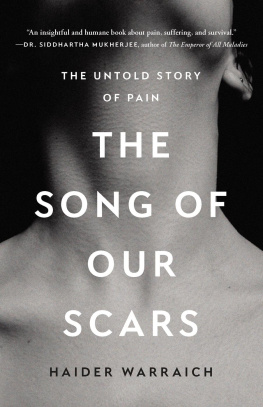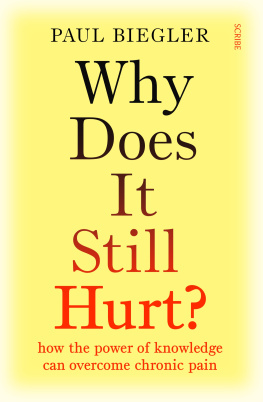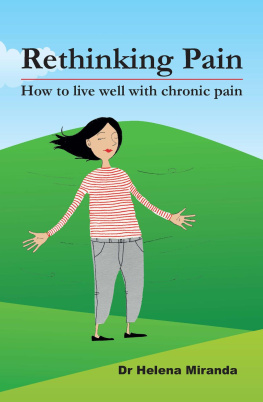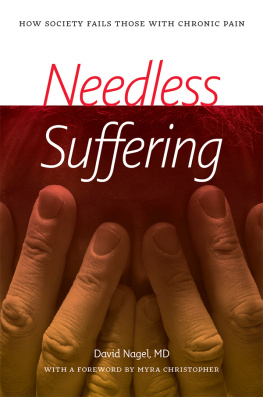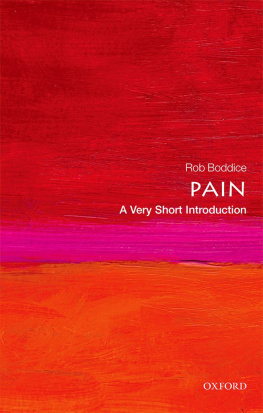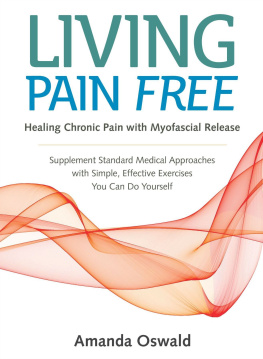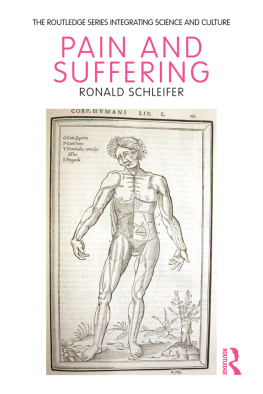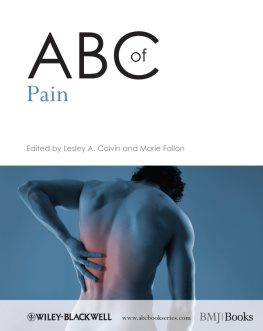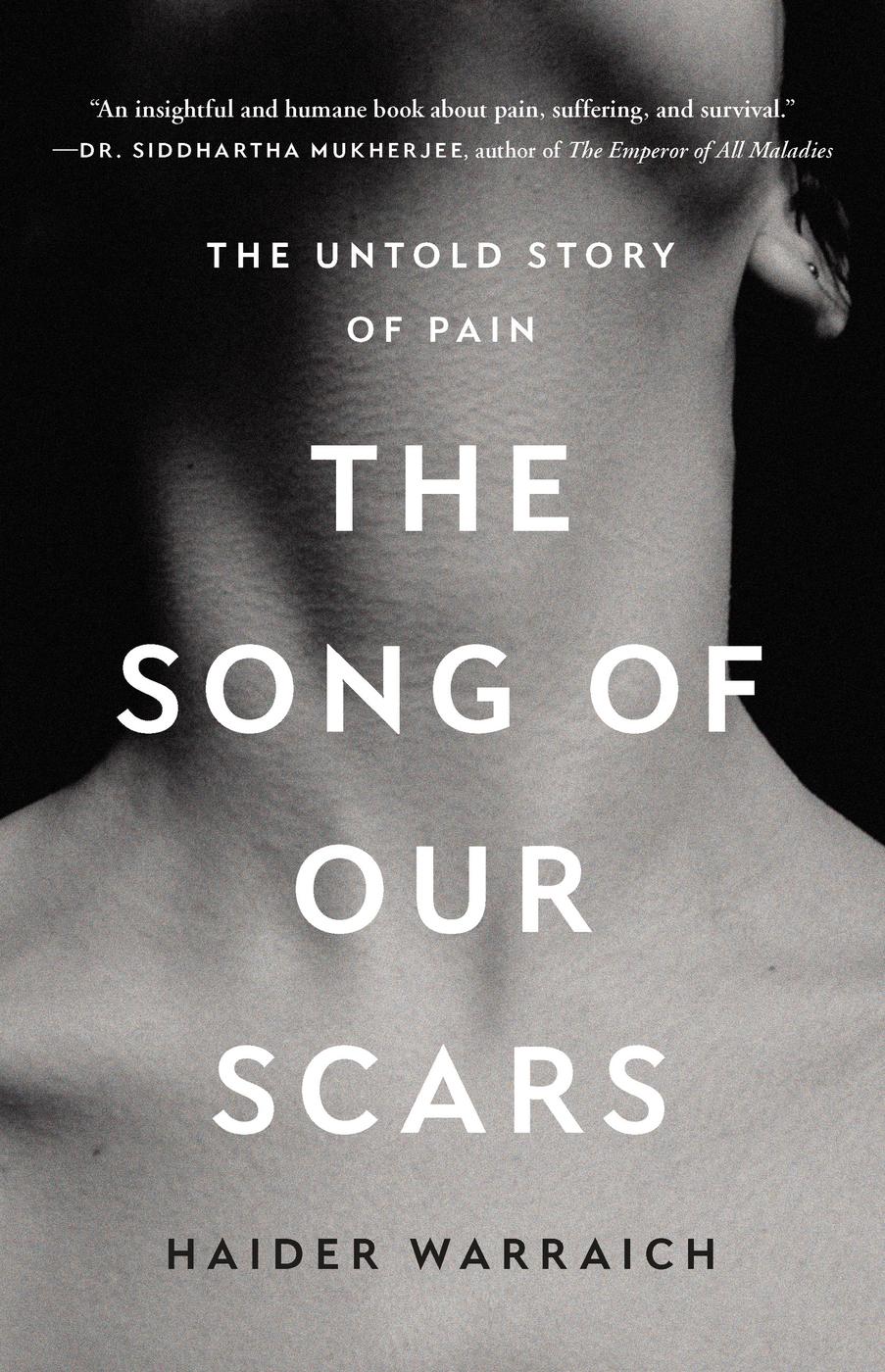
Copyright 2022 by Haider Warraich
Cover design by Chin-Yee Lai
Cover image Walter Gradauer / EyeEm via Getty Images
Cover copyright 2022 by Hachette Book Group, Inc.
Hachette Book Group supports the right to free expression and the value of copyright. The purpose of copyright is to encourage writers and artists to produce the creative works that enrich our culture.
The scanning, uploading, and distribution of this book without permission is a theft of the authors intellectual property. If you would like permission to use material from the book (other than for review purposes), please contact permissions@hbgusa.com. Thank you for your support of the authors rights.
The names and identifying characteristics of some persons described in this book have been changed, as have dates, places, and other details of events depicted in the book. This book is not intended, nor should it be used, for medical advice.
Basic Books
Hachette Book Group
1290 Avenue of the Americas, New York, NY 10104
www.basicbooks.com
Printed in the United States of America
First Edition: April 2022
Published by Basic Books, an imprint of Perseus Books, LLC, a subsidiary of Hachette Book Group, Inc. The Basic Books name and logo is a trademark of the Hachette Book Group.
The Hachette Speakers Bureau provides a wide range of authors for speaking events. To find out more, go to www.hachettespeakersbureau.com or call (866) 376-6591.
The publisher is not responsible for websites (or their content) that are not owned by the publisher.
Library of Congress Cataloging-in-Publication Data
Names: Warraich, Haider, author.
Title: The song of our scars: the untold story of pain / Haider Warraich.
Description: First edition. | New York: Basic Books, 2022. | Includes bibliographical
references and index.
Identifiers: LCCN 2021038446 | ISBN 9781541675308 (hardcover) | ISBN 9781541675292 (ebook)
Subjects: LCSH: Warraich, HaiderHealth. | PainHistory. | PainTreatment. | PainSocial
aspects. | Chronic painPhysiological aspects. | Chronic painPsychological aspects. |
Chronic painPatientsUnited StatesBiography.
Classification: LCC RB127 .W37 2022 | DDC 616/.0472dc23/eng/20211029
LC record available at https://lccn.loc.gov/2021038446
ISBNs: 9781541675308 (hardcover), 9781541675292 (ebook)
E3-20220328-DA-NF-ORI
For my favorite girls
Ammi, Belu, Evoo, and Gogo
Explore book giveaways, sneak peeks, deals, and more.
Tap here to learn more.

There is no coming to consciousness without pain.
Carl Jung
P ain is a fundamental truth. Pain might well be the first sensation a baby feels as its born, a gateway to the world of conscious experience, almost certainly becoming the sensation it most strongly associates with being alive. And indeed, every subsequent day of our lives, we experience pains of different types. These are often innocuous but can at times become intractable. Pain is one of the most consistent aspects of the consensus reality we all experience, a hallmark of consciousness among all beings, hardwired into our frames through evolutionary mechanisms millions of years in the making.
Yet pain is also the most fluid of all sensations. While how we see, hear, touch, and taste has likely remained unaffected by historical changes, how we perceive and tolerate pain has changed considerably just in the last century. Pain has transformed from a spiritual force, often the only language through which celestial agents could speak to mortal beings, into a corporeal corruption that can be entirely comprehended and conquered with biomedical advances. Yet other aspects of the place of pain in our society have remained unchanged. Painin how it is recognized, treated, and inflictedhas always been and remains an instrument of power, often used against the weak. For it is impossible to separate the assessment of pain from the assignment of supremacy.
Pain is imperialistic: European colonists often derided the pain of their Black and Brown subjects, chalking it up to feebleness, even as they capitalized on its affliction. As Britain operated the greatest opioid-production machine in the history of mankind, waging war simply to keep selling opium and addicting foreign populations to it, it banned the use of opiates for its own people, knowing just how addictive the poppy can be.
Pain is racial: Black slaves were often subjected to indescribable violence under the false pretext that they were too numb to feel pain the way their white masters did. Even to this day, otherwise sophisticated people, including some physicians, hold on to antiquated fabrications, including that Black people feel less pain because their skin is thicker than white peoples. This is one reason why the pain of Black people remains both underrecognized and undertreated.
Pain is gendered: women are more likely to feel pain, but their pain is also more likely to be dismissed. Many women who seek relief are belittled and delegitimized by some of the very doctors they turn to for support.
And most of all, pain is personal, so personal that it is said to be the one thing truly our own, so inscrutable that it cannot even be communicated within the constraints of language. The only reason I mustered the gumption to write this book, to attempt to uncover the nature of our most complicated sensation, is that pain has been a part of my being for almost my entire adult life.
Pain is as sure a sign of life as the beating of the heart; its disappearance often signals death. It touches us from the tips of our toes to the crowns of our heads; it can even be felt in long-departed parts of our body, as in the phantom pains of those who have lost their limbs to landmines, diabetes, or flesh-eating bacteria. It is tempting to describe the evolution of weapons, from rocks and pointy branches to armed drones and tactical nuclear missiles, in terms of their ability to kill. But their primary aim is often to inflict painphysical, psychological, cultural, racial, and economic.
And yet there are also those for whom pain is a ladder to the divine. In many religions, such as the Shiite sect of Islam, self-flagellation is a core ritual because of its supposedly redemptive qualities. Connoisseurs of spicy food set their palates on fire as they reach for peppers with ever-rising Scoville units, relishing the bodily chaos that ensues. For some, pain provides a sexual thrill that no amount of gentle stimulation can achieve.
Pain is also our most effective teacher. Most lessons fade, most sermons go unheard, but those taught by pain can last a lifetime. My baby daughter might not listen to anything I say, but the hot skillet only has to instruct her once for her never to touch it again. Not every lesson pain teaches is worth remembering though. Corporal punishment might be a poor tool for education, but it is very effective at creating lifelong trauma.
In the last two centuries, our understanding of how our bodies flourish and falter has advanced tremendously. And yet, even as the song of our scars reaches a deafening pitch, pain remains the sensation we comprehend the least.
It is not an accident that we fail to understand the very basics of painespecially its more entrenched manifestation, chronic pain. The attempt to define pain beginning in the nineteenth century using clinical and scientific terms shrank its scope to fit the constraints of the tools and rituals of medicine. The corporatization of healthcare transformed people into consumers, transmuting human suffering into a lucrative opportunity to maximize capital. And profit-hungry pharmaceutical companies hijacked a movement to provide comfort to people with terminal illnesses, resulting in one of the most carefully engineered campaigns of distortion in human history.

